Your brain is basically a biological supercomputer that's simultaneously the most advanced information processing system on Earth…and also can't remember where you put your keys five minutes ago.
You can forget someone's name three seconds after they introduce themselves, but somehow remember every lyric to songs you haven't heard since middle school. You'll blank on important facts during exams while perfectly recalling the most embarrassing thing you did in seventh grade.
Your memory is a magnificent disaster — a system so powerful it can store the equivalent of 3 million hours of Netflix, yet so unreliable it convinces you that you've definitely met this person before when you absolutely haven't (really, you haven’t).
These mind-blowing facts about memory explain why your brain is both genius-level brilliant and completely, shamelessly unreliable. You'll learn why sleep can literally double your recall, how chewing gum makes you smarter, and why your brain is constantly rewriting your memories like some kind of unreliable narrator who thinks they're helping.
Warning: After reading this, you'll never trust your own memories the same way again. Your brain has been lying to you this whole time, and it's about to get caught red-handed.
Time to meet the beautiful mess that is your memory system.
Memory Facts: The Surprising Numbers Behind Your Memory
Your brain doesn't come with a user manual (which is probably for the best because the specs would sound completely made up). The numbers behind your memory system are so ridiculous that if someone told you about them without scientific backing, you'd assume they were talking complete nonsense.
1. Your Brain Can Store 2.5 Petabytes of Information (3 Million Hours of TV)
That's roughly equivalent to streaming Netflix continuously for 342 years. Your brain's storage capacity makes every computer on Earth look like a calculator from 1987. And…most of that space is taken up by completely useless information like every conversation you've ever overheard in an elevator and the precise layout of your middle school cafeteria.
Source: Salk Institute for Biological Studies
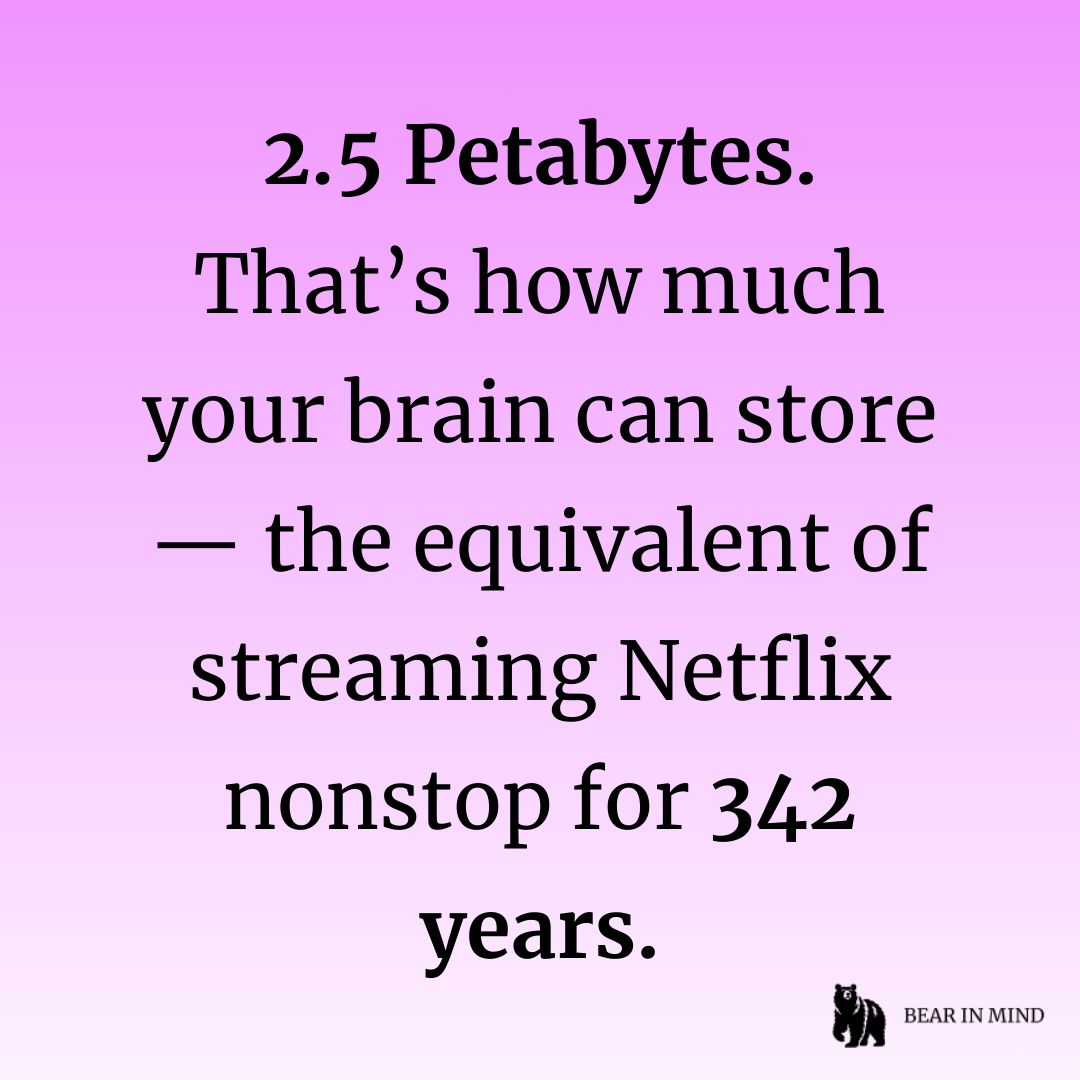
2. You Forget 70% of New Information Within 24 Hours
Hermann Ebbinghaus proved that your brain has an aggressive deletion policy. Within one day of learning something new, 70% of it gets tossed in the mental trash can. Your brain treats most new information like spam email — automatically filtered out unless it proves it deserves to stay.
Source: [Ebbinghaus, H. (1885) Memory: A Contribution to Experimental Psychology)
3. Your Brain Has 86 Billion Neurons (One for Every Star in the Milky Way)
Each of these neurons connects to thousands of others to create a network so complex that scientists are still trying to figure out how the hell it works. You're basically walking around with a galaxy's worth of neural connections in your skull, and you use this cosmic-level processing power to remember where you parked.
Source: Azevedo, F. A., et al. (2009). Journal of Comparative Neurology
4. Your Brain Uses 20% of Your Body's Energy Despite Being 2% of Your Weight
Your brain is an energy hog that burns 300-400 calories per day just existing. No wonder thinking hard makes you hungry — your brain is literally eating your lunch.
Source: Raichle, M. E., & Gusnard, D. A. (2002). PNAS
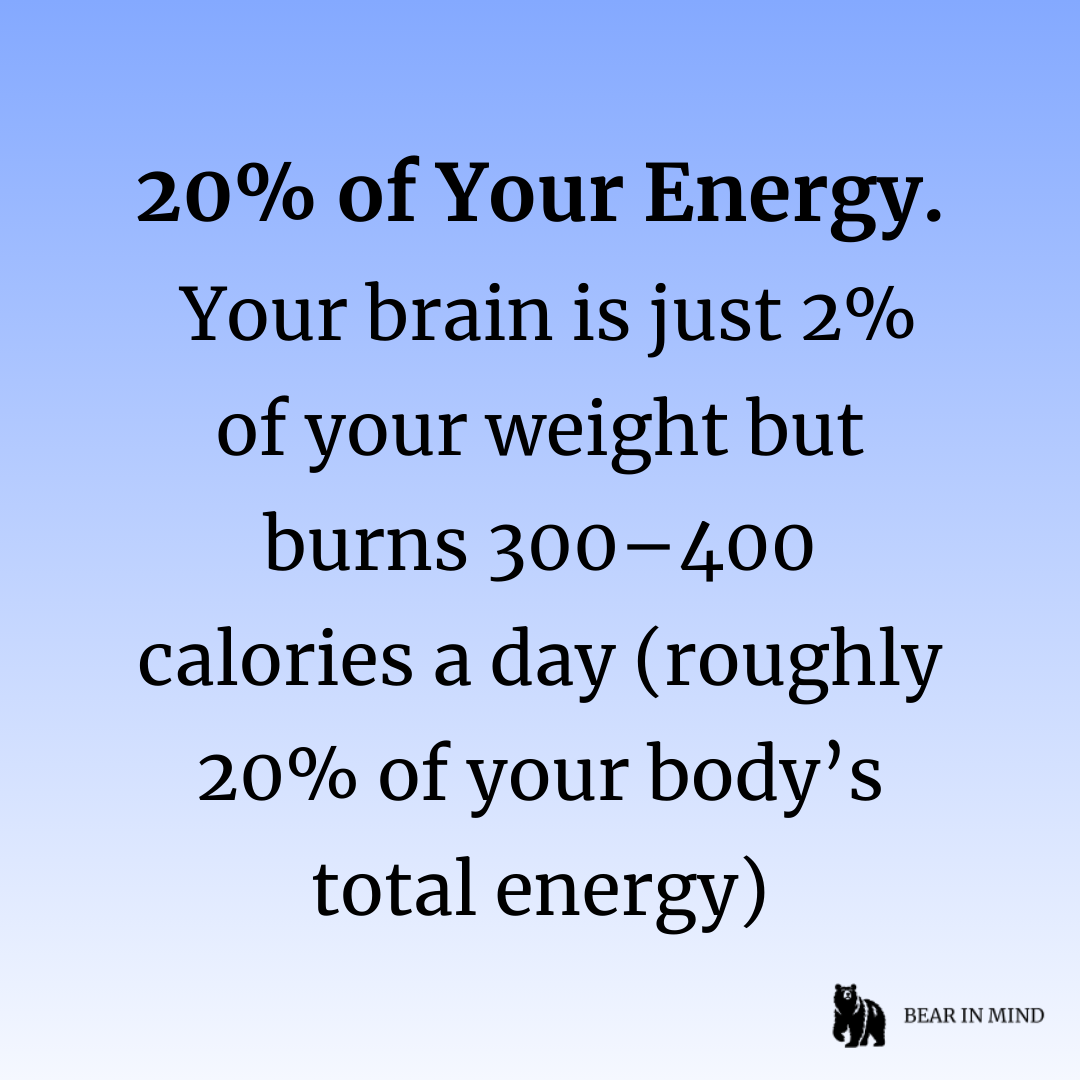
5. You Have About 70,000 Thoughts Per Day
Most of these thoughts are repetitive mental spam: "Did I lock the door?" "What should I eat?" "Why did I say that thing in 2003?" Your brain generates enough daily thoughts to fill a text book, but most of them are just mental background noise.
Source: Korade Z, Mirnics K. Programmed to be human? Neuron. 2014
6. Neural Signals Travel at 120 Meters Per Second (Faster Than Formula 1 Cars)
Information rockets through your brain faster than race cars, yet somehow you still need five minutes to remember where you put your phone.
The hardware is lightning-fast; the software is sometimes running on dial-up.
Source: [Kandel, E. R., et al. (2013). Principles of Neural Science]
Memory Facts: How Your Memory Actually Works (Spoiler: It's Weird)
Your memory doesn't work like a filing cabinet or a computer hard drive. Wouldn’t that be nice…It's more like a drunk librarian who sometimes files things correctly, sometimes makes stuff up, and occasionally decides that the entire romance section should be reorganized based on how the books smell.
7. Sleep Can Improve Recall by Up to 40%
Harvard researchers found that people who napped after learning performed 20-40% better than those who stayed awake. Your brain literally uses sleep time to file away the day's information properly. So every time you pull an all-nighter to study, you're basically telling your brain to throw all that hard work in the trash.
Source: Harvard Medical School – Division of Sleep Medicine
8. The Testing Effect Can Double Your Retention
Self-testing improves recall up to 100% more than just re-reading your notes. Your brain learns better when it has to work for information than when you just passively absorb it. Basically, your memory is like a lazy employee who only performs well under pressure.
Source: Roediger, H. L., & Karpicke, J. D. (2006). Psychological Science
9. Writing by Hand Beats Typing for Memory by Significant Margins
Students who took notes by hand retained more conceptual information than those who typed, even though the typists wrote down more words. Your brain apparently thinks that if your hand didn't cramp up while learning it, it probably wasn't worth remembering.
Source: Mueller, P. A., & Oppenheimer, D. M. (2014). Psychological Science
10. Spaced Repetition Is 2-3x Better Than Cramming
Spreading out your study sessions over time produces dramatically better recall than cramming everything at once. Your brain prefers information delivered in small, repeated doses rather than one giant data dump. Spaced repetition is the difference between sipping water throughout the day versus chugging a gallon all at once.
Source: Cepeda, N. J., et al. (2006). Psychological Science
11. You Can Recognize Images Seen for Only 13 Milliseconds
That's faster than a blink. Your visual memory is so fast it can process and store images before your conscious mind even realizes what it saw. Yet somehow you still can't remember if you've seen this movie before until you're 45 minutes into it.
Source: Potter, M. C., et al. (2014). Attention, Perception, & Psychophysics
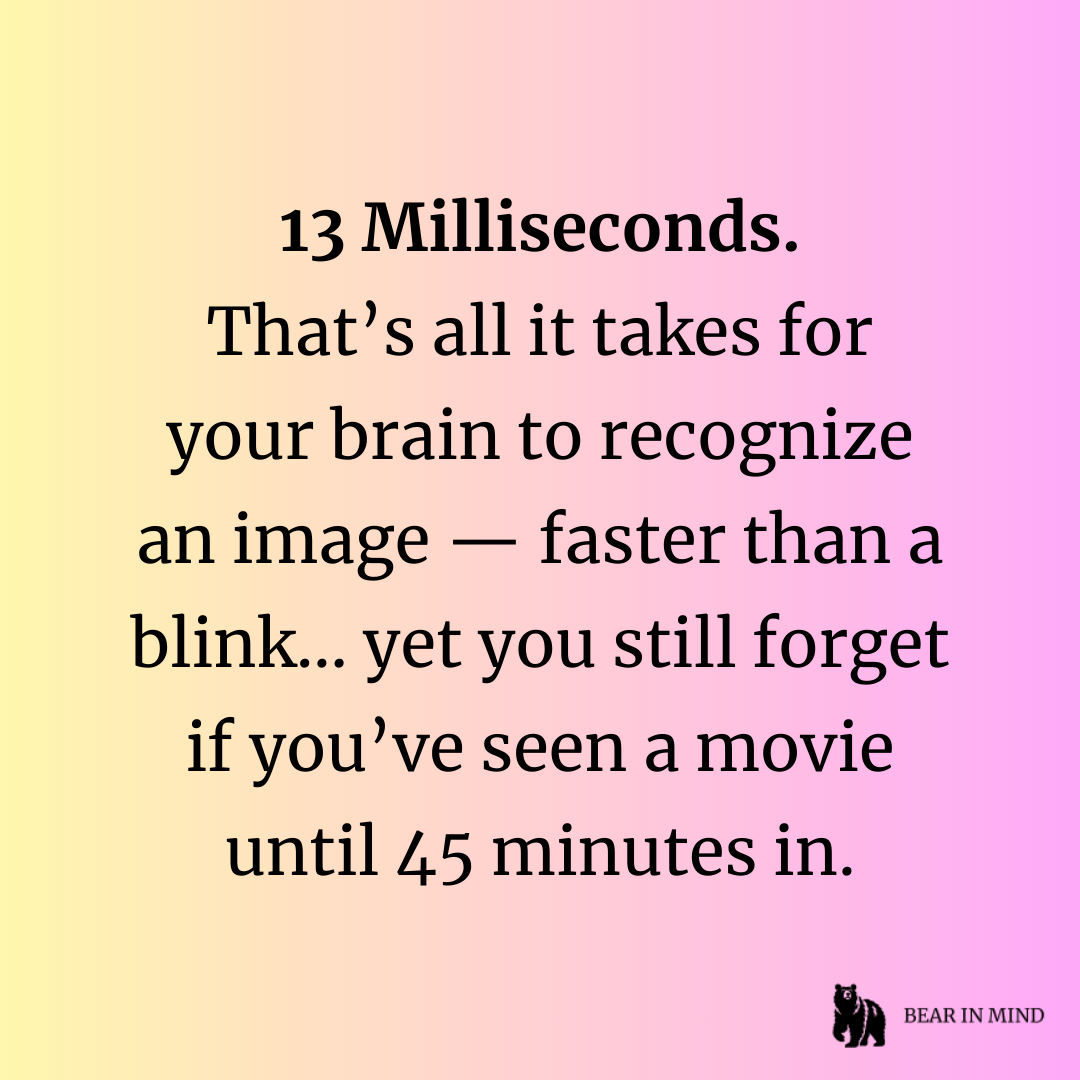
12. People Can Recognize Faces in Under 400 Milliseconds
Facial recognition is one of your brain's fastest processes. You can instantly identify someone you know in a crowded room, but ask you their name and suddenly your brain acts like it's never heard of words before.
Source: Crouzet, S. M., et al. (2010). Journal of Vision
Memory Facts: Your Brain’s Secret Superpowers
Your brain has some absolutely ridiculous capabilities that it keeps hidden most of the time. It's like having a Ferrari engine that you only use to drive to the grocery store while complaining that cars are slow.
13. Memory Champions Improve Recall by 1,200% Using Location Techniques
Average people taught the method of loci (mentally placing information along familiar routes) went from regular human memory to basically having photographic recall. Your brain is already equipped with superhuman memory abilities — you just never learned how to access them.
Source: Maguire, E. A., et al. (2003). Nature Neuroscience
14. Caffeine Improves Memory Consolidation (But Only If Taken After Learning)
Johns Hopkins researchers found that 200mg of caffeine consumed after studying improved memory retention 24 hours later. Timing matters, though. It only worked if you had the coffee after learning, not before. Your brain apparently needs to do the hard work first, then wants its reward coffee to lock everything in place.
So this study doesn’t quite justify slamming that Redbull before your study session…but you can always have it afterwards.
Source: Borota, D., et al. (2014). Nature Neuroscience
15. Chewing Gum Can Boost Memory by 24%
British researchers found that people who chewed gum during learning and recall scored 24% higher on memory tests. The theory is that chewing increases heart rate and oxygen flow to the brain. Your memory literally gets better when your jaw is working overtime. Who knew that looking like a cow chewing cud was actually a cognitive enhancement strategy?
No judgement, by the way. None.
Source: Wilkinson, L., et al. (2002). Appetite
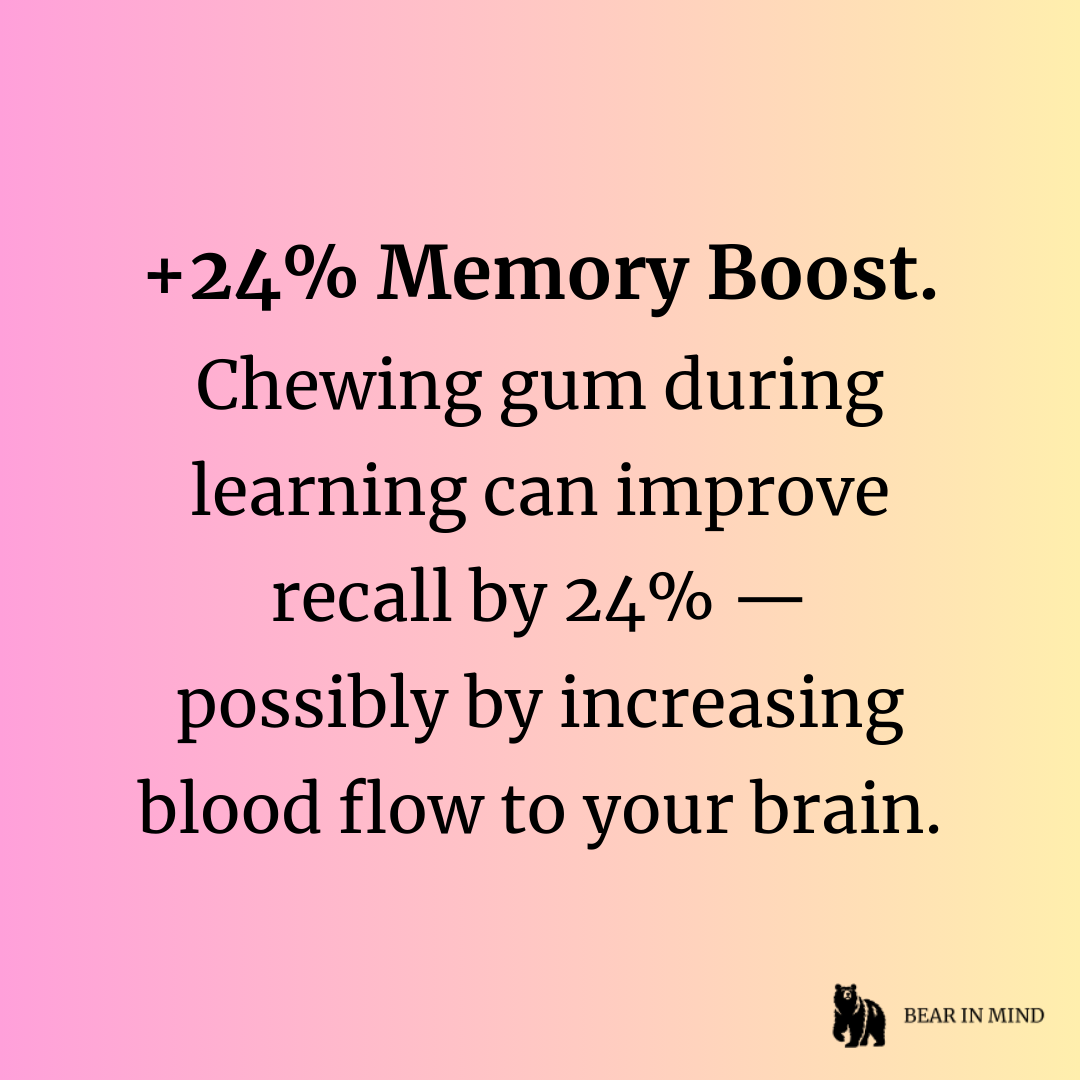
16. Moderate Alcohol After Learning Can Improve Recall
People who had a drink after studying remembered more the next day than those who stayed sober. Before you start planning your study cocktails, this only works in moderation and only after learning, not during. Your brain apparently likes to celebrate a job well done, just like you do.
17. Exercise Literally Grows Your Hippocampus
Aerobic exercise increases the size of your brain's memory center, even in older adults. Working out doesn't just make your muscles bigger — it actually grows the part of your brain responsible for learning and memory.
Source: Erickson, K. I., et al. (2011). PNAS
18. Bilingualism Delays Memory Decline by 4-5 Years
People who speak multiple languages show dementia symptoms 4-5 years later than monolinguals. Learning another language is like giving your brain a protective shield against aging. Your high school Spanish teacher was basically offering you a cognitive insurance policy, and most people declined.
Source: Bialystok, E., et al. (2007). Neuropsychologia
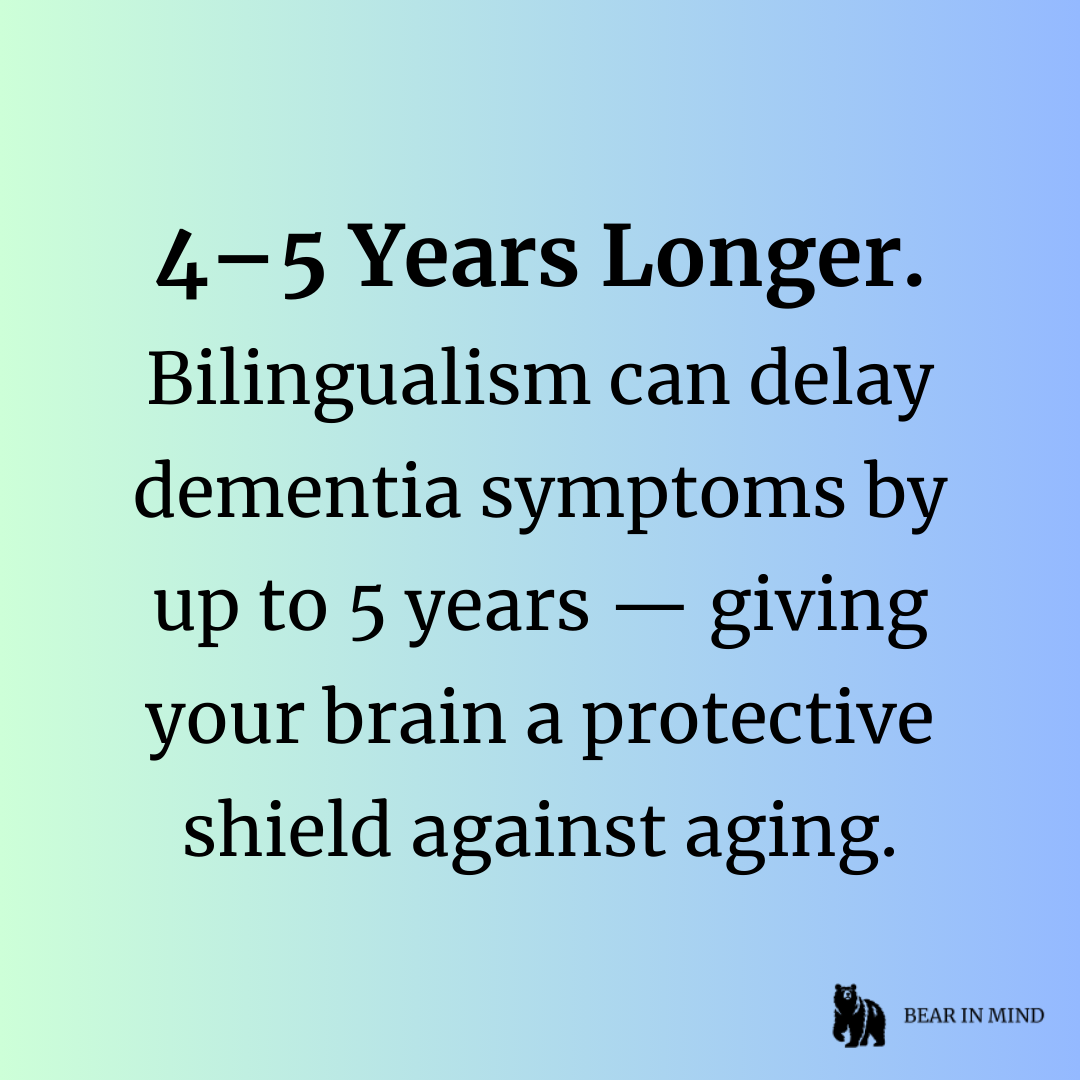
Memory Facts: The Dark Side of Memory…
Your memory isn't just unreliable — it's actively working against you in ways that would be impressive if they weren't so terrifying. Your brain is sometimes a pathological liar who's convinced themselves they're helping.
19. You Can Implant False Memories in 30% of People
Psychologist Elizabeth Loftus proved that about one in three people can be convinced they remember events that never happened. With the right suggestive questioning, people will confidently recall getting lost in a mall as a child or spilling punch at a wedding that never occurred. Your brain doesn't distinguish between real memories and convincing fiction — it just files everything under "definitely happened."
Source: Loftus, E. F., & Pickrell, J. E. (1995). Psychiatric Annals
20. Every Time You Recall a Memory, You Change It
Each time you remember something, your brain pulls it out of storage, edits it slightly based on your current mood and knowledge, then saves the new version. You're not remembering the original event — you're remembering the last time you remembered it.
Your memory is like a game of telephone you're playing with yourself…and you can imagine how well that goes recall after recall after recall.
21. Multitasking Reduces Memory Formation
When you try to learn while multitasking, information gets shunted into your habit storage instead of conscious memory. You can do the task, but you can't remember doing it. This is why you can drive home while texting and arrive with no memory of the journey (that’s a no-no, by the way).
Source: Foerde, K., et al. (2006). PNAS
22. Chronic Stress Shrinks Memory Centers
Long-term stress floods your brain with cortisol, which damages the hippocampus and reduces its size. People with chronic stress have measurably smaller memory centers. Your brain's response to stress is to literally eat the part of itself responsible for remembering things.
It's like a self-destructing hard drive.
Source: McEwen, B. S. (2007). Physiology & Behavior
23. Memory Decline Starts in Your Late 20s
Certain memory abilities begin declining when you're still figuring out how to be an adult. By the time you feel like you have your life together, your brain has already started its slow decline into forgetting where you put everything. Peak cognitive performance happens right around the time you're still eating cereal for dinner. Isn’t that a shame?
Source: Salthouse, T. A. (2009). Neurobiology of Aging
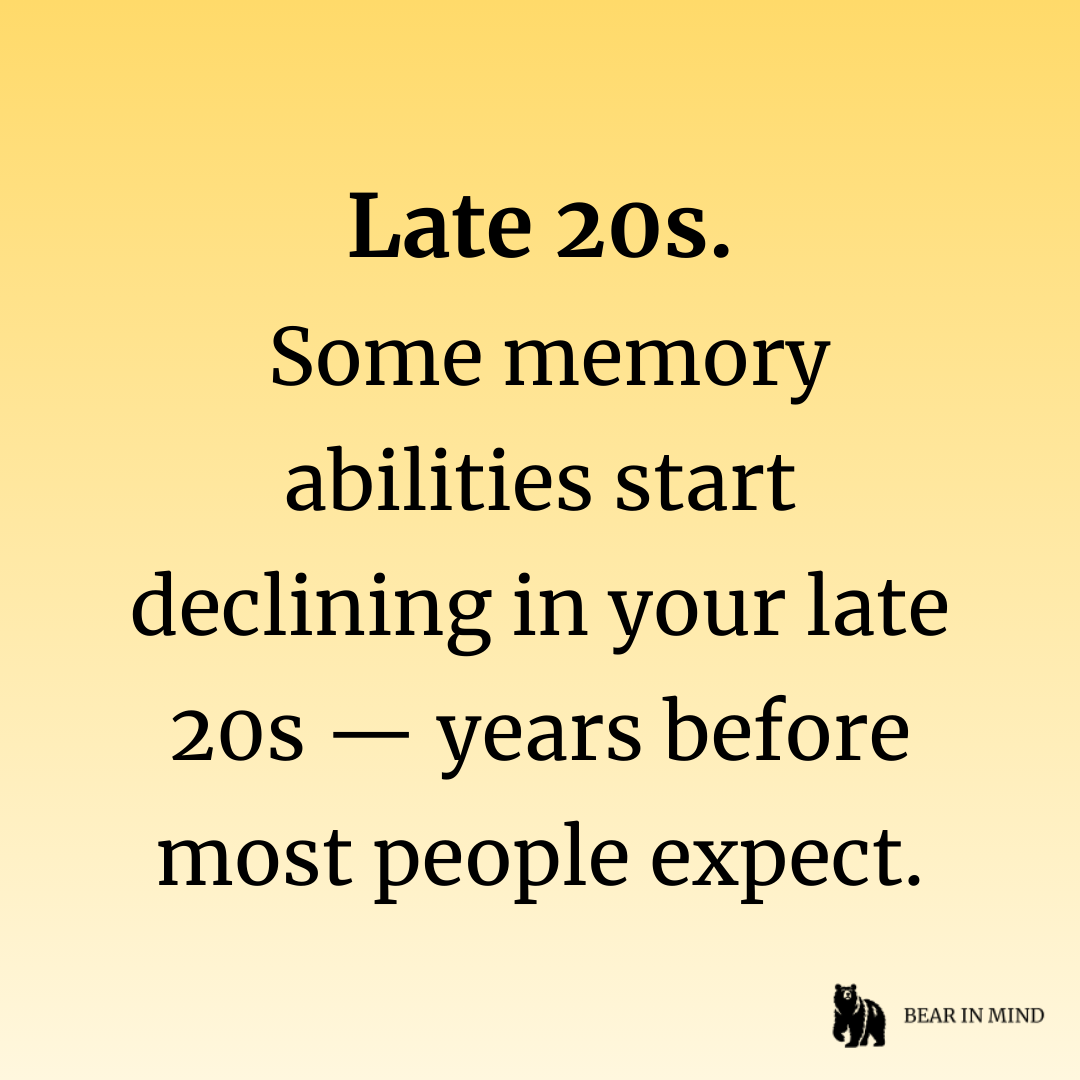
24. Most People Can't Remember Anything Before Age 3
"Childhood amnesia" means your first few years of life are basically a black hole in your memory, even though you were definitely forming memories at the time. Your brain kept detailed records of your early life, then apparently decided to shred them all for no obvious reason. You lived through those years, but as far as your memory is concerned, they never happened.
Source: Bauer, P. J. (2007). Nature Reviews Neuroscience
Memory Facts: Your Memory's Weird Quirks and Glitches
Your memory system has more bizarre bugs and features than a video game released six months too early. These aren't design flaws — they're just your brain being aggressively weird about how it decides to store and retrieve information.
Ultimately, your memory is like a quirky roommate who has very specific, inexplicable rules about how things should be organized. It makes perfect sense to your brain, but to the rest of you, it's completely baffling why smell gets premium treatment while names get thrown in the trash immediately.
25. Smell Triggers the Strongest Memories
Your nose has a direct highway to your memory centers, bypassing all the logical processing that other senses go through. That's why smelling your ex's cologne can instantly transport you back to 2019 with painful clarity, while you can't remember what you had for lunch yesterday.
Source: Herz, R. S., & Schooler, J. W. (2002). Memory
26. Music Improves Memory Recall (Even in Alzheimer's Patients)
People with severe dementia who can't remember their own names will suddenly light up and sing every word of songs from their youth. Music activates such broad networks in your brain that it can bypass damaged areas and access memories that seemed completely lost.
That’s why your brain thinks song lyrics are more important than your social security number.
Source: Baird, A., & Samson, S. (2009). Annals of the New York Academy of Sciences
27. Memory Is Location-Dependent (Context Matters)
You remember information better when you're in the same place you learned it. Students who studied underwater remembered more when tested underwater than on land. Your brain secretly GPS-tags every memory with location data, which is why you can walk into your childhood bedroom and suddenly remember things you hadn't thought about in decades.
Source: Godden, D., & Baddeley, A. (1975). British Journal of Psychology
28. Working Memory Holds 7 ± 2 Items Before Breaking Down
George Miller's classic finding proved that your brain can juggle about 7 pieces of information at once, give or take 2. Try to hold more than that, and everything starts falling apart. Your working memory is a mental circus performer who can keep 9 balls in the air but drops everything the moment you toss in a tenth.
Source: Miller, G. A. (1956). Psychological Review
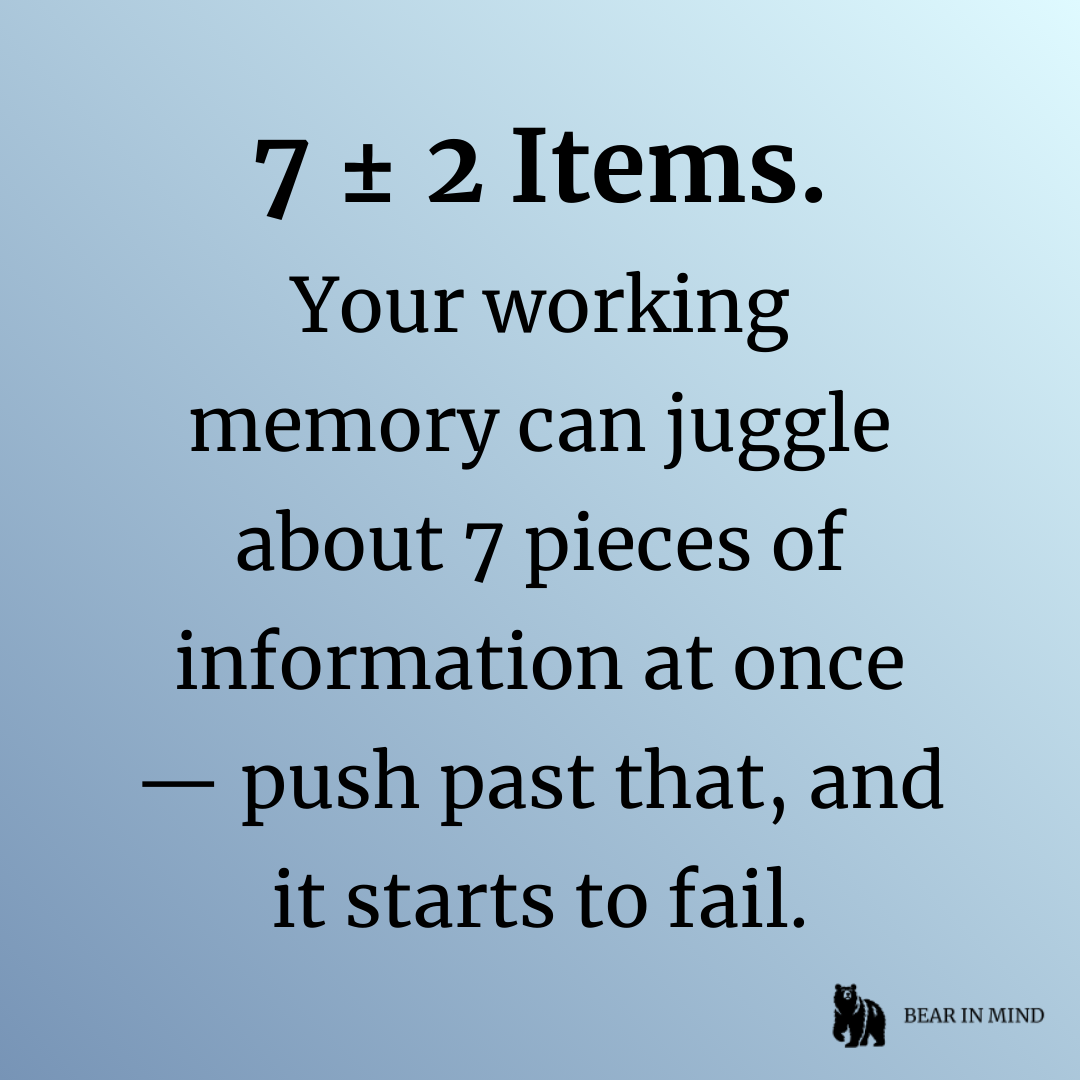
29. Short-Term Memory Lasts Only 20-30 Seconds Without Rehearsal
Unless you actively repeat information, it disappears in half a minute. This is why you can hear someone's name, get distracted for 30 seconds, and have no idea what they just told you. Your brain treats unrehearsed information like self-destructing Snapchat messages — here one moment, gone the next.
Source: Peterson, L. R., & Peterson, M. J. (1959). Journal of Experimental Psychology
Memory Facts: The Truth About Memory and Aging
Good news and bad news about your aging brain: it's simultaneously falling apart and getting better in ways that make absolutely no sense. Your memory doesn't just decline uniformly — it picks and chooses what to keep and what to toss like a very selective hoarder.
30. Your Hippocampus Can Grow New Neurons Into Your 90s
For decades, scientists thought you were born with all the brain cells you'd ever have. Turns out, your brain keeps making new neurons well into advanced age. Neurogenesis continues even when you're in your 90s, which means your brain is still capable of learning and adapting when most people assume it's done growing. Your aging brain is apparently more optimistic about the future than you are.
Source: Boldrini, M., et al. (2018). Cell Stem Cell
31. Some Memories Can Last a Lifetime Unchanged
Certain memories, once properly consolidated, remain stable for decades without major decay. People can accurately recall their high school classmates' names 30+ years later, suggesting that some information becomes permanently etched in your brain. Your memory is like a selective time capsule that preserves random high school drama while deleting important adult information.
The cruel irony is that your brain gets better at storing meaningful, complex information just as it starts getting worse at remembering where you put everyday objects. You develop the wisdom to understand life's complexities while losing the ability to find your reading glasses.
Source: Bahrick, H. P., et al. (1975). Science
Isn’t Memory Perfectly Imperfect?
Your memory isn't broken — it's just operating according to rules that make perfect sense to a system designed for survival, not for remembering where you put your phone.
Your brain can store 3 million hours of TV shows but forgets names instantly. It remembers embarrassing moments forever while deleting useful information daily. It's simultaneously genius and completely unreliable, and that's exactly how it's supposed to work.
Stop expecting your memory to be a perfect recording device. Start appreciating it as the magnificent, chaotic, powerful system it actually is.
Your brain is weirder and more capable than you ever imagined.
Subscribe to Hold That Thought for more mind-blowing insights about your beautifully broken brain.
.png)
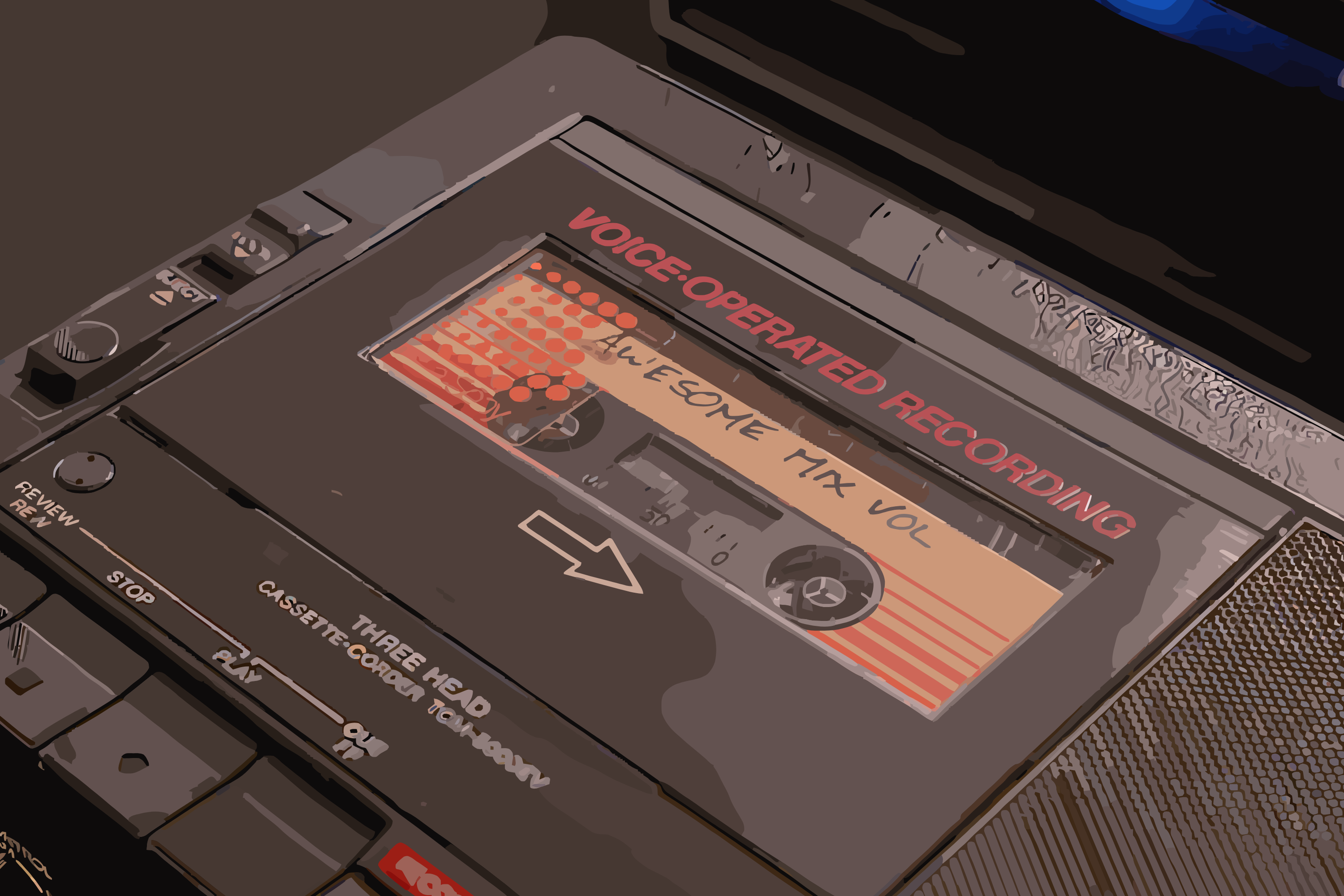
.png)
